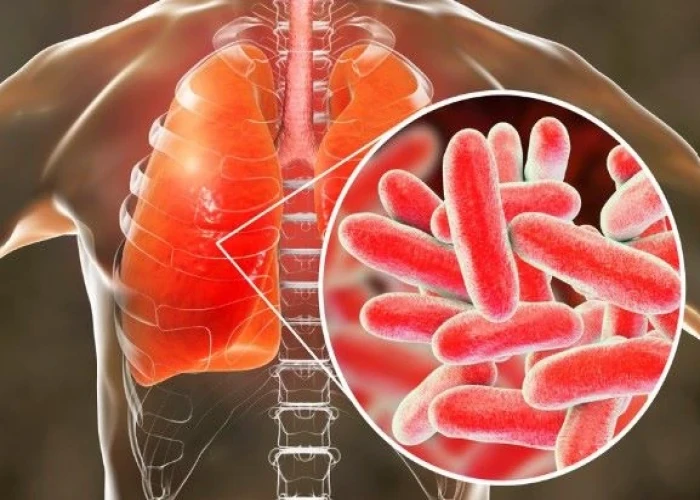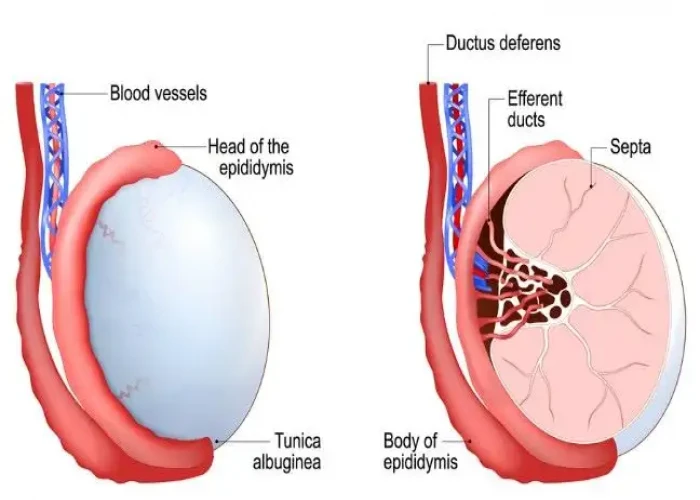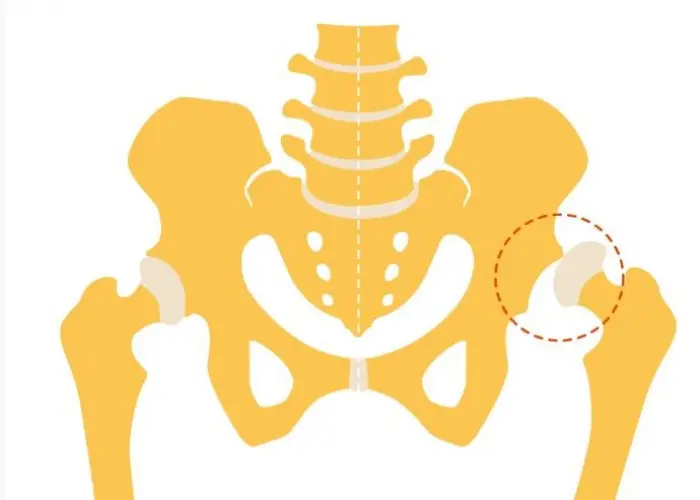 Welcome
Welcome
“May all be happy, may all be healed, may all be at peace and may no one ever suffer."
Infant reflux

Infant reflux, also known as gastroesophageal reflux (GER), is a common condition in which the contents of the stomach flow back up into the esophagus. This occurs because the muscle at the bottom of the esophagus, which normally keeps stomach contents from flowing back up, is not yet fully developed in infants.
Infant reflux is usually not a cause for concern, as it is a normal part of a baby's development and typically resolves on its own by the time the baby is one year old. However, it can be uncomfortable for the baby and concerning for parents. The symptoms of infant reflux may include:
- Spitting up
- Irritability or fussiness after feeding
- Difficulty sleeping or frequent waking
- Arching of the back during or after feeding
- Coughing or choking during or after feeding
- Refusing to eat or difficulty feeding
There are a number of strategies that can help manage infant reflux, including:
- Feeding the baby smaller, more frequent meals
- Keeping the baby upright for 30 minutes after feeding
- Avoiding overfeeding or feeding the baby too quickly
- Thicken breast milk or formula with rice cereal
- Elevating the head of the baby's crib during sleep
- Burping the baby frequently during and after feeding
- Trying different feeding positions to reduce pressure on the stomach
In some cases, medication may be recommended to manage more severe or persistent symptoms of infant reflux. It is important to consult a healthcare provider if you are concerned about your baby's reflux, as they can provide guidance on the best strategies to manage the condition and rule out any underlying medical issues.
Research Papers
Disease Signs and Symptoms
- Nausea or vomiting
- Absence menstruation
- Infertility
- Is unusually irritable after eating
- Begins spitting up at age 6 months or older
- Spits up blood or material that looks like coffee grounds
- Consistently spits up forcefully, causing stomach contents to shoot out of the mouth (projectile vomiting)
- Cough
- Chronic cough
- Blood in stool
- Backflow of stomach acid into the esophagus (acid reflux)
Disease Causes
Infant reflux
In infants, the ring of muscle between the esophagus and the stomach — the lower esophageal sphincter (LES) — is not yet fully mature. That allows stomach contents to flow back up. Eventually, the LES will open only when your baby swallows and will remain tightly closed at other times, keeping stomach contents where they belong.
The factors that contribute to infant reflux are common in babies and often can't be avoided. These factors include:
- Lying flat most of the time
- Consuming an almost completely liquid diet
- Being born prematurely
Occasionally, infant reflux can be caused by more-serious conditions, such as:
- GERD. The reflux has enough acid to irritate and damage the lining of the esophagus.
- Pyloric stenosis. A valve between the stomach and the small intestine is narrowed, preventing stomach contents from emptying into the small intestine.
- Food intolerance. A protein in cow's milk is the most common trigger.
- Eosinophilic esophagitis. A certain type of white blood cell (eosinophil) builds up and injures the lining of the esophagus.
- Sandifer syndrome. This causes abnormal tilting and rotation of the head and movements that resemble seizures. It's a rarely seen consequence of GERD.
Disease Prevents
Disease Treatments
For most babies, making some adjustments to feeding will ease infant reflux until it resolves on its own.
Medications
Reflux medications aren't recommended for children with uncomplicated reflux. However, a short-term trial of an acid-blocking medication — such as cimetidine (Tagamet HB) or famotidine (Pepcid AC) for infants ages 1 month to 1 year or omeprazole magnesium (Prilosec) for children age 1 year or older — might be recommended if your baby:
- Has poor weight gain and more-conservative treatments haven't worked
- Refuses to feed
- Has evidence of an inflamed esophagus
- Has chronic asthma and reflux
Surgery
Rarely, the lower esophageal sphincter is surgically tightened to prevent acid from flowing back into the esophagus. This procedure is usually done only when reflux is severe enough to prevent growth or to interfere with your baby's breathing.
Disease Diagnoses
Disease Allopathic Generics
Disease Ayurvedic Generics
Disease Homeopathic Generics
Disease yoga
Infant reflux and Learn More about Diseases

Pruritus Vulva

Legionnaires' disease

Spermatocele

Kawasaki disease

Hip dysplasia

Guillain-Barre syndrome

Esophageal spasms

Cardiomyopathy
infant reflux, শিশু রিফ্লাক্স
To be happy, beautiful, healthy, wealthy, hale and long-lived stay with DM3S.
